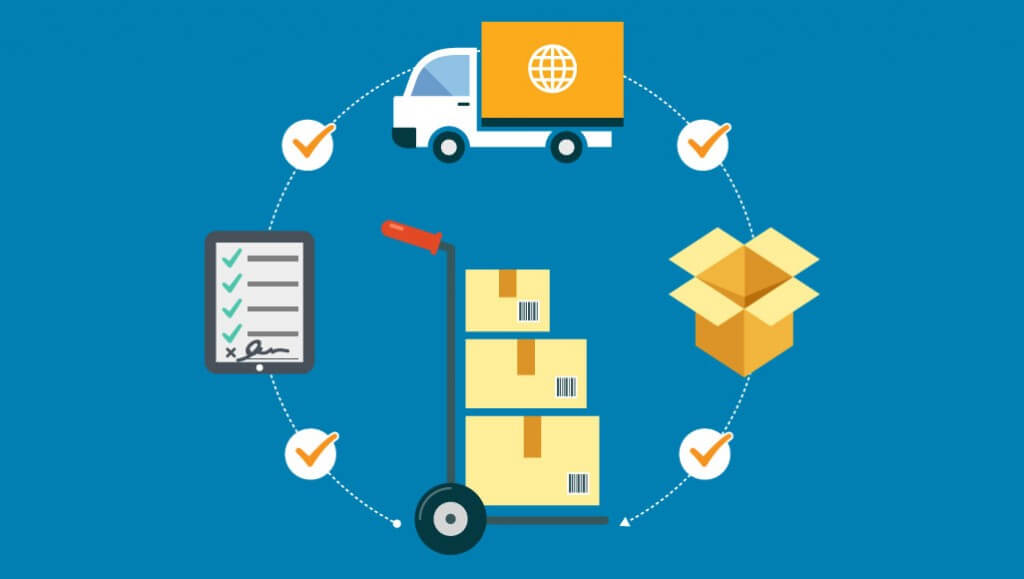Adeniyi Yussuf’s trucks carry everything from industrial to retail goods from Nigeria’s port terminals in Lagos and Port Harcourt to warehouses all over the country. “We own three trucks,” Yussuf says, “and manage forty-seven for different owners. We source for the jobs, handle the maintenance and daily expenses of running the business.” On some days, he spends close to ten million naira ($22,500) – loading containers, fueling the trucks, paying drivers, and sometimes rescuing containers from accident sites.
Business is going well for Yussuf’s Cedersuff Logistics and Transport Company. With access to working capital loans, there is no limit to the number of orders he can accept. But this wasn’t always the case.
According to the World Bank, small-and medium-sized enterprises (SMEs) in sub-Saharan Africa have an unmet financing need of US$330 billion. With the stringent conditions set by traditional lenders, SMEs, especially in the supply chain industry, cannot access external financing as quickly as they need to. In some cases, they are unable to provide key financial information about their businesses because of inconsistent cash flow and a lack of transaction visibility.
Yussuf’s challenges with financing were reduced significantly when he became a Pivo customer in 2021. The company had just been launched by cofounders Nkiru Amadi-Emina and Ijeoma Akwiwu.
Before setting up Pivo, Amadi-Emina was a software engineer working as the Ports Lead at Kobo360, a logistics startup. Akwiwu was a lawyer at Gilmor Engineering.
Before Pivo, the duo had set up SourcePro, a procurement platform for agro commodities for exportation. “We would get a purchase order for a product, find a farmer to supply but the hold-up always came when we had to transport to the point of collection,” Akwiwu says. “We had to use personal funds to help the truckers fulfil their orders.”
This experience was not new to either of them. As Ports Lead, Amadi-Emina dealt with the same problem countless times. Akwiwu while working on infrastructural projects also saw first-hand how suppliers struggled with making timely deliveries. Pivo was the solution they came up with – a financial services platform for SME vendors that operate within large supply chains.
By the end of October 2022, a year after launch, Pivo had disbursed over $4.5M to their customers and recorded a gross transaction volume of more than $8.5M through Pivo accounts.
Access to credit is not the only problem Pivo solves. “A business owner should be able to open their app and see that the business has spent twice the amount on maintenance as they did in previous months, for example,” Amadi-Emina says. “This could mean there’s a cash leak somewhere or a vehicle needs to be changed.” Having information like this handy via digital tools translates directly into better expense management and business planning that drives growth.
Yussuf set up his company in 2019 and already has plans to expand his business to Kenya. Pivo will be waiting for him. The fintech, which closed a $2M seed round investment in November 2022, will be setting up operations in East Africa in 2023.
First published in Africa Supply Chain Magazine, December 2022.




